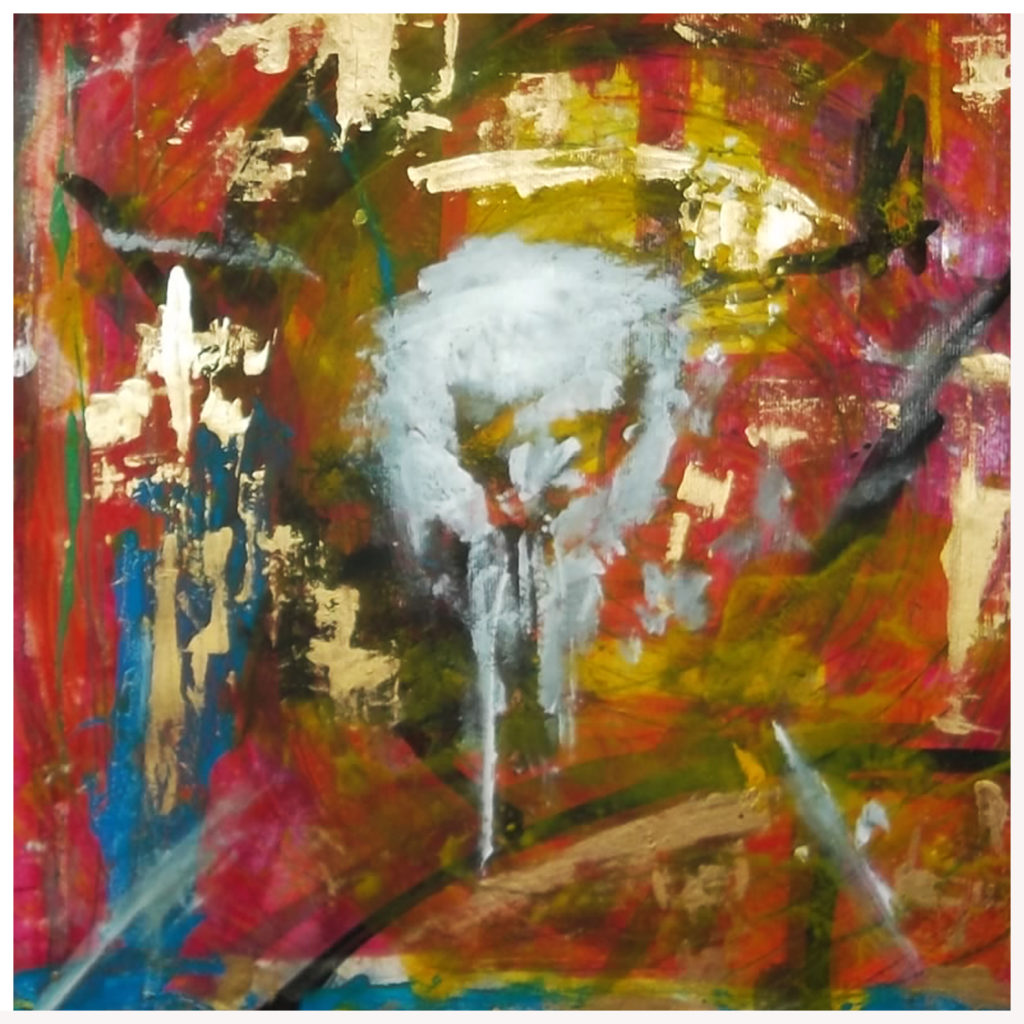

Something comes between them, of course, but the impediments aren't absurdly easy to overcome, as in most rom-coms. The images feel as if they're being spit out of a photo booth in our collective unconscious. At one point, snapshots of the couple sleeping and smooching and frolicking by the beach take the place of scenes, but it doesn't feel like one of those bland montages that's just there to break up the dialogue. But that was a meeting of minds, whereas Like Crazy happens at a pre-verbal level.

The last time I felt so immersed in a young-love story was at Richard Linklater's Before Sunrise. It moves in close, scanning one upturned face and then the other.ĭoremus pulls you in deep.

The hand-held camera gets all giddy, too. They're both so young, so giddy, so undefended. She has big eyes and big English teeth that give her an appealing forwardness. " He comes to see her they look at each other, and they know. After the last session, she leaves a long note for him under his windshield that says, "Please don't think I'm a nutcase, but. Jacob, played by Anton Yelchin, is American Anna, played by Felicity Jones, is British. It's not an especially deep or psychological movie. That higher physicist could start with Drake Doremus' drama Like Crazy, which evokes as well as any film I've seen the now loopy, now jagged flow from infatuation to intoxication to addiction to withdrawal to re-addiction. Movies are often about falling in love and sometimes falling out of love, but the best for my money are about falling in and out of love in a way you'd need a higher order of physics to graph.


 0 kommentar(er)
0 kommentar(er)
